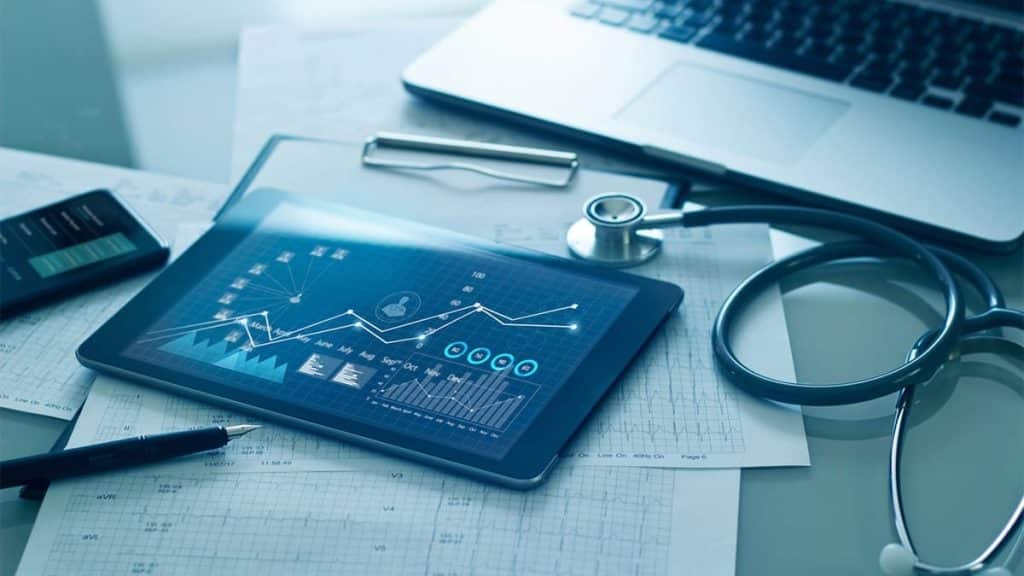Electronic health record (EHR) systems have transformed healthcare, serving as more than just digital patient charts. These systems now play a pivotal role in medical billing, helping healthcare providers streamline their revenue cycle. When used effectively, EHRs can reduce errors, speed up reimbursements, and make billing processes more efficient.
The Role of EHRs in Billing
EHR systems capture detailed patient data in real time, from diagnosis codes to treatment plans. This data serves as the foundation for billing, ensuring claims are accurate and complete before submission.
For example, a cardiology practice using an EHR system can link procedure notes to billing codes automatically. This minimizes manual input errors, such as selecting the wrong CPT code for an echocardiogram.
How EHR Integration Improves Billing Efficiency
- Accuracy and Precision
EHRs reduce manual data entry, which is a common source of errors in billing. - Faster Processing Times
With built-in tools to flag incomplete information, EHRs ensure claims are ready for submission sooner. - Improved Communication
EHRs facilitate better communication between clinical and billing teams, ensuring that documentation matches billing codes. - Tracking and Reporting
Most EHR systems offer reporting tools that help practices monitor key metrics like reimbursement rates and claim denials.
Challenges of EHR Integration
Despite their advantages, EHR systems are not without challenges. Staff must be properly trained to enter accurate patient data, as errors at the front desk can carry through to billing. Additionally, practices should choose an EHR system that integrates seamlessly with their billing software.
For healthcare providers navigating EHR integration in California, companies like Certified Healthcare Billing, which specializes in medical billing services in California, can assist in aligning EHR processes with optimized billing workflows.
EHRs and Specialty Practices
For specialties like cardiology, efficient billing requires detailed documentation. EHR systems ensure that every diagnostic test, procedure, and follow-up is recorded accurately, allowing billing teams to code claims with confidence.
When paired with the expertise of a medical billing company, EHR systems become powerful tools for financial success. They bridge the gap between clinical care and financial stability, making them indispensable in modern healthcare.
FAQ: The Connection Between EHR Systems and Efficient Medical Billing Processes
How do EHR systems improve medical billing?
EHRs link clinical documentation directly to billing codes, reducing errors and speeding up claim submission.
Are EHR systems difficult to integrate with billing processes?
Not all systems are created equal, but choosing an EHR that integrates well with your billing software can streamline operations.
Why are EHRs important for cardiology billing?
Cardiology involves detailed procedures and documentation. EHRs ensure all information is accurately captured for billing.
What should practices consider when selecting an EHR system?
Look for systems with strong billing capabilities, compliance features, and integration options with your billing company.
